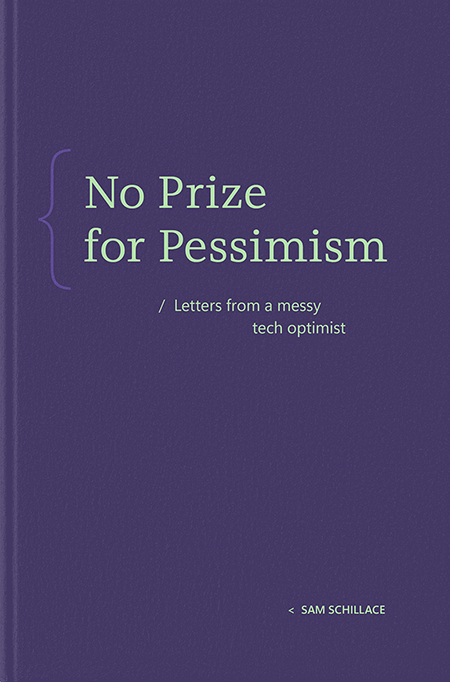Generative AI with Azure Cosmos DB
Leverage Azure Cosmos DB for generative AI workloads for automatic scalability, low latency, and global distribution to handle massive data volumes and real-time processing. With support for versatile data models and built-in vector indexing, it efficiently retrieves natural language queries, making it ideal for grounding large language models. Seamlessly integrate with Azure OpenAI Studio for API-level access to GPT models and access a comprehensive gallery of open-source tools and frameworks in Azure AI Studio to enhance your AI applications.
Automatic and horizontal scaling.
Handle massive increases in data volume and transactions. See why Azure Cosmos DB is ideal for real-time data processing and generative AI workloads.
Optimal performance and reliability.
Azure Cosmos DB allows data to be distributed globally across multiple regions, routing requests to the closest region. See it here.
Built-in vector indexing and search capabilities.
Efficient retrieval of natural language queries. Check out how Azure Cosmos DB grounds large language models with accurate and relevant data.
Watch our video here:
QUICK LINKS:
00:00 — Azure Cosmos DB for generative AI workloads
00:18 — Versatile Data Models|
00:39 — Scalability and performance
01:19 — Global distribution
01:31 — Vector indexing and search
02:07 — Grounding LLMs
02:30 — Wrap up
Unfamiliar with Microsoft Mechanics?
As Microsoft’s official video series for IT, you can watch and share valuable content and demos of current and upcoming tech from the people who build it at Microsoft.
Subscribe to our YouTube: https://www.youtube.com/c/MicrosoftMechanicsSeries
Talk with other IT Pros, join us on the Microsoft Tech Community: https://techcommunity.microsoft.com/t5/microsoft-mechanics-blog/bg-p/MicrosoftMechanicsBlog
Watch or listen from anywhere, subscribe to our podcast: https://microsoftmechanics.libsyn.com/podcast
Keep getting this insider knowledge, join us on social:
Follow us on Twitter: https://twitter.com/MSFTMechanics
Share knowledge on LinkedIn: https://www.linkedin.com/company/microsoft-mechanics/
Enjoy us on Instagram: https://www.instagram.com/msftmechanics/
Loosen up with us on TikTok: https://www.tiktok.com/@msftmechanics
Video Transcript:
-The right database plays a critical role in the speed and the scale of data retrieval for the grounding of large language models to efficiently return more accurate responses. Let’s break down the characteristics of Azure Cosmos DB and what makes it suited for generative AI workloads.
-Did you know the ChatGPT service itself, with its hundreds of millions of users globally, uses Azure Cosmos DB for the automatic indexing and storing of user conversation history?
-Importantly, it’s capable of working with any data with support for multiple data models, such as the document model for representing conversational data, which is the case for ChatGPT. And as your volume of data grows, Azure Cosmos DB will automatically and horizontally scale physical partitions of dedicated compute and storage as needed.
-This limitless and automatic scale makes it ideal for real-time data processing. For example, in November 2023, when OpenAI announced several new capabilities, the transactions jumped from 4.7 billion to 10.6 billion transactions almost overnight. And Azure Cosmos DB automatically scaled to meet this exponential demand, so it’s ideal for real-time transactional workloads.
-And with its low latency, single-digit millisecond response times, it’s fast. Additionally, you can choose to distribute data globally across multiple regions around the world, so as requests come in, they get routed to the closest available region to your users and operations. Then, to efficiently retrieve natural language queries, the vCore-based Azure Cosmos DB for MongoDB has vector indexing and vector search built into the database.
-Vectors are calculated as data is ingested into Azure Cosmos DB. These are a coordinate-like way to refer to chunks of data in your database that are used later for similarity lookups. In the case of generative AI, when a user submits their prompt, that too is converted to a vector embedding, and the lookup finds the closest matches for the prompts vectors to those in the database, making responses more efficient and accurate.
-Grounding large language models with vector index data in Azure Cosmos DB is easy. In environments like Azure OpenAI Studio, just select Azure Cosmos DB as your data source. This gives you API-level access to the GPT models in the Azure OpenAI service. And with Azure AI Studio, you have access to a huge gallery of open-source models, tools, and frameworks.
-In fact, as part of a secure AI architecture, Azure Cosmos DB is recommended as you build your enterprise generative AI apps to store and maintain chat session history. It’s these reasons and more that make Azure Cosmos DB uniquely and well suited for your generative AI apps and workloads.
Microsoft Tech Community – Latest Blogs –Read More











